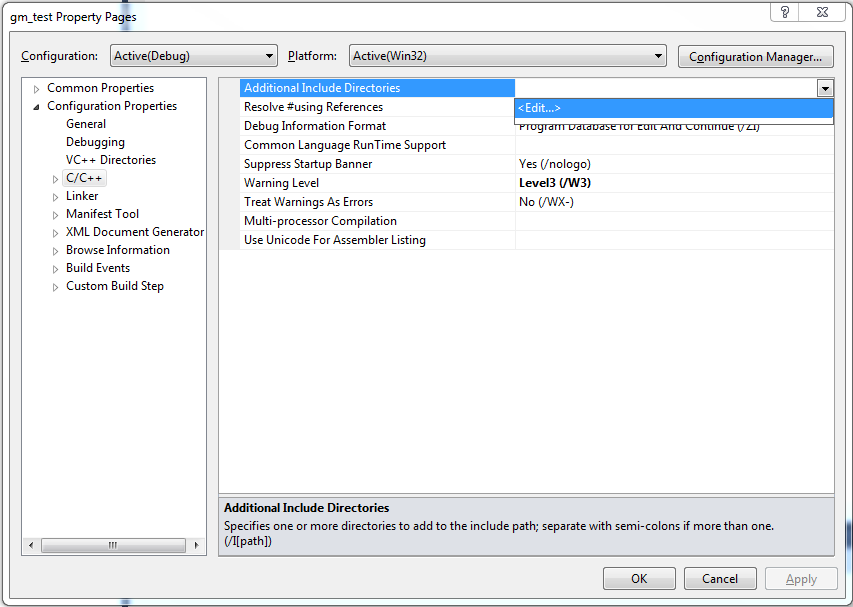

- VISUAL BASIC FOR APPLICATIONS WIKI ZIP FILE
- VISUAL BASIC FOR APPLICATIONS WIKI WINDOWS 8.1
- VISUAL BASIC FOR APPLICATIONS WIKI CODE
- VISUAL BASIC FOR APPLICATIONS WIKI DOWNLOAD
Users should know that the code cannot handle an empty text file for example, a Notepad file that has been saved without any text in it. It is assumed here that the user will add his own error-handling, or that he will go-around files that are troublesome before the hashing attempt. Whenever files are accessed, error handling tends to be needed. In fact, this type of access is the main difference between string hashing and file hashing. Although this does not involve actually running the files, some folder and file types might be found locked at run time. Hashing has to access files to obtain the bytes that they contain.
The permissions for files need to be considered when attempting hashing. Although a graphical interface exists elsewhere, the command-line application has been found the most stable. VISUAL BASIC FOR APPLICATIONS WIKI DOWNLOAD
The web page FSUM Fast File Integrity Checker has the download and other details, though the text file fails to mention that results can be easily piped to the clipboard with |clip. The code to enter is not identical to that of FCIV but a text file is provided with examples in its use. In addition to large file HEX hashes it can carry out flat or recursive folder hashes. It resembles FCIV in many ways but includes up to date algorithms.
FSUM Fast File Integrity Checker is another free, external application for command line use. A more complex commercial version is also available. The outputs are in HEX and are displayed together on a neat user interface. It produces MD5, SHA1, SHA2/256, and SHA2/512 hashes for single files. It is a stand-alone application, and a basic version is available as a free download. An external application that can handle large files is MD5 and SHA Checksum Utility. For completion, an example of its use is given in File Checksum Integrity Verifier (FCIV) Examples. There are no simple options for hashing a folder or for output to an xml file. It produces output on the screen only, though the output can also be piped to the clipboard for pasting as required. SHA1, SHA256, SHA384, and SHA512 algorithms. VISUAL BASIC FOR APPLICATIONS WIKI WINDOWS 8.1
PowerShell in Windows 8.1 and above, can make large single-file hashes, using all of the MD5. So far, Microsoft have not extended the coding to include contemporary algorithms. It is a bit tricky to use, even with their instructions, so the pages Running the FCIV Utility from VBA and File Checksum Integrity Verifier (FCIV) Examples might be found of use to the novice. Prepared files can be verified against any new run, but results only to the screen. It sends both base64 and HEX outputs to the screen but only b64 output format to a file. It handles large files with ease, but only for MD5 and SHA1 hashes. 
It is a command-line application, capable of hashing both single files and whole folder trees. Microsoft's FCIV utility, is free download.Large file hashing, say beyond 200MB is best done with other tools.For files larger than 200MB, other facilities exist.
VISUAL BASIC FOR APPLICATIONS WIKI ZIP FILE
Specific tests found that hashes work well for a 200MB zip file but fail for a 500MB zip file the exact break point is unclear.
These listed algorithms can hash any single file up to about 200MB (Mega Bytes) in length, beyond which an out of memory error will be generated in GetFileBytes(). A note exists in the respective procedure in case other salted (seeded) inputs are of interest. Please note that its output differs from that of the SHA512Managed class. .svg/65px-Microsoft_Office_logo_(2019%E2%80%93present).svg.png)
In general these hashes do not make use of a seed value, but to illustrate the method, the code contains one such example, ( FileToSHA512SALT()). String hash routines are given in another section. The code is made for single files, but the code given on an adjacent page, Folder Hashing in VBA, can be used for recursive hash listings, again with a choice of hashes and output options. The VBA code below generates the digests for the MD5, SHA1, SHA2-256, SHA2-384, and SHA2-512 hashes. Several algorithms are provided, with output options for base64 or hex. This section contains code for making file hashes, that is, hashes of entire files.




.svg/65px-Microsoft_Office_logo_(2019%E2%80%93present).svg.png)


 0 kommentar(er)
0 kommentar(er)
